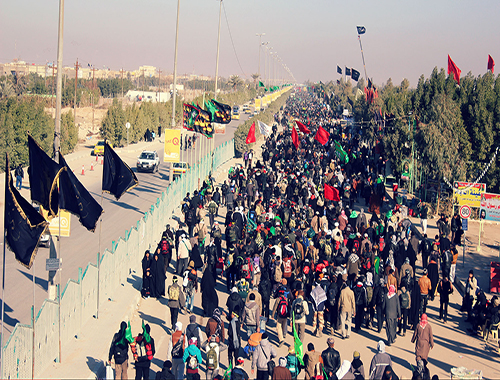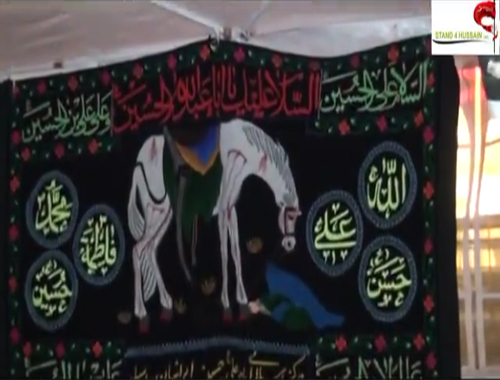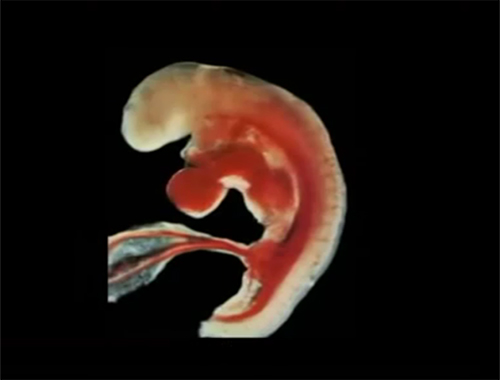
From the second half of 658, MUAWIYA, the governor of Syria, had been steadily escalating violence against the dominions of Ali. Some of his inroads reached Ain-at-Tamar and Anbar, only 170 miles north of Kufa. The men of Kufa were so unwilling to fight against the Syrians that Ali found it impossible to take effective punitive action. Muawiya himself led a raid right across the Jazira from Raqqa to Mosul, and met no resistance anywhere. At last, Ali declared in the mosque of Kufa that he would leave the city with the few of his faithful followers in an attempt to halt the Syrian aggression against Iraq, even if it cost him his life. This threat awakened the citizens of Kufa to the specter of being left leaderless if Ali was killed fighting against the Syrians. They were stung into action and they began to mobilize for defense.
The battle of Siffin had been the first trial of strength between Ali and Muawiya. Militarily, the battle had been a near-victory for Ali, but politically, it had become a stalemate. After some time, it began to appear that Ali would take up the challenge of Muawiya. But just then Ali was assassinated in the mosque of Kufa, and the second trial of strength never took place.
According to the historical accounts some of which are quite plausible, three Kharijis met in Kufa (some say in Mecca) to hatch a conspiracy. Each of them volunteered to kill each of the three leading political figures of the Dar-ul-Islam – Ali, Muawiya and Amr bin Aas. By killing them, it is alleged; they hoped to put an end to civil wars in Islam, and to restore peace to the Muslim umma.
One of the three conspirators was a certain Abdur Rahman bin Muljam. He stayed in Kufa to kill Ali, and the other two went to Syria and Egypt to kill Muawiya and Amr bin Aas. The plans of the would-be assassins of Muawiya and Amr bin Aas, according to the stories in circulation, went awry, and they were captured and were executed.
The Kharijis had been defeated at Nehrwan, and most of them had perished in the battle but a few had escaped. Abdur Rahman bin Muljam was one of those who had escaped. He was consumed with the desire to kill Ali, and was in quest of an opportunity to do so. By a coincidence, he met a Khariji woman, one Qattama, whose father and brothers had also been killed in Nehrwan, and she too had nursed an undying hatred of Ali.
Abdur Rahman fell in love with Qattama, and proposed marriage to her. She told him that the price of her hand was the head of Ali ibn Abi Talib. This only strengthened Abdur Rahman in his resolution. He promised his inamorata the moon if she asked for it, but she said that nothing was of interest to her if she could not get the head of Ali ibn Abi Talib!
Abdur Rahman bin Muljam carefully worked out his plans to kill Ali. A few other trusted Kharijis also volunteered their services to him, and together they rehearsed the assassination. Abdur Rahman bin Muljam took one extra precaution – he put his sword in deadly poison, and let it soak in it for three days.
On the morning of the 19th of Ramadan of the year 40 A.H., Ali came into the Great Mosque of Kufa, and called Adhan (the call to prayer). He took his place in the alcove, and moments later, the worshippers began to arrive. They stood behind him in serried ranks, and the prayer began. Standing in the front row, with other worshippers, were Abdur Rahman bin Muljam and his confederates. They were watching Ali's movements. In the folds of their cloaks, they were carrying swords burnished to a high sheen, and soaked in poison.
Just when Ali touched the ground with his forehead for Prostration (sajda), Abdur Rahman bin Muljam stepped out of his row, and crept into the alcove. And just when Ali lifted his head from the ground, ibn Muljam struck the fatal blow at his forehead with such deadly force that it split open.
Blood squirted from Ali's forehead in several jets, and he exclaimed:
"By the Lord of the Kaaba, I am successful!"
("Fuztu wa rabbil Ka'ba")
Source: Imam Ali Network
 Martyrdom of Imam Ali (A.S) - Islam Guidance
Martyrdom of Imam Ali (A.S) - Islam Guidance









